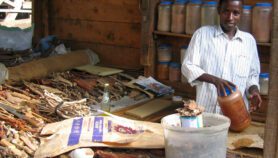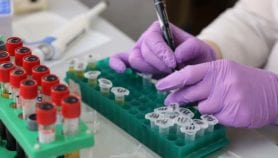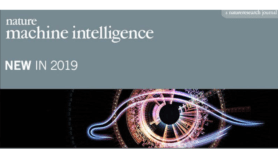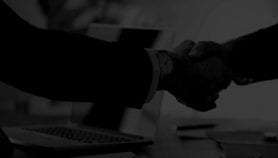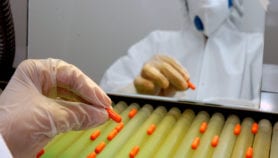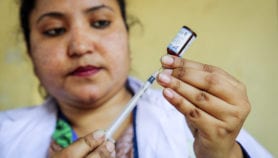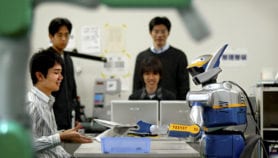By: Zeinab Ghosn
Send to a friend
The details you provide on this page will not be used to send unsolicited email, and will not be sold to a 3rd party. See privacy policy.
Lebanon’s Ministry of Health has launched a public awareness campaign to clamp down on counterfeit drugs, following a rise in cases reported by healthcare workers.
But anti-counterfeiting campaigners say the measures need to go further, with increased policy support, a national testing laboratory and a change in how counterfeiting is viewed under Lebanese law.
A 2004 report by Lebanon’s parliamentary health committee estimated that as much as 35 per cent of drugs on the Lebanese market were fake.
The new campaign aims to raise awareness of the dangers of fake drugs among both citizens and policymakers, says Ziad Nassour, vice president of the International Conference of Francophone Pharmacists, who helped organise the campaign.
Billboards and campaign brochures are being distributed around Beirut, and the organisers will work closely with the local press and organise public symposiums to further spread awareness.
During the launch ceremony of the initiative in Beirut this month (6 August), Lebanese minister of health Mohammed Khalifa cited 43 cases of pharmacies and pharmacists investigated by the general attorney for selling counterfeit drugs in 2007. The list includes the impotence drug Viagra, common painkillers such as Panadol and antidepressant drugs such as Xanax.
Ismail Sukkariya, a member of the parliamentary health committee, says some pharmacists, doctors and hospitals may be helping the counterfeits reach the market.
"Good intentions are not enough to fight the problem," says Sukkariya. "There is a need to demonstrate political will through establishing a national drug policy and activating the national laboratory to test and control all the drugs available in the Lebanese market."
Lebanon established a national laboratory in 1952 to test food, water and drugs but much of its work stopped during the civil war of 1975–1990. Many of its activities remain halted, despite donations of equipment from several Western countries following the end of the war. According to Sukkariya, much of the equipment remains in storage, with few people actually working at the laboratory.
Sukkariya blames widespread corruption in Lebanon’s health system for the laboratory’s deterioration. There have been rumours about money marked for "modernisation" of the laboratory being used to secure commissions for drug companies to produce and market drugs in the country.
He says regulations must be tighter and punishments for counterfeiters harsher. He cites a 2007 case where the owner of a hospital and five employees were jailed for just one month for selling water as a US$2,000 cancer drug.
The production and selling of counterfeit medicines is considered an intellectual property violation under Lebanon’s intellectual property law of 2000, and also breaches Lebanon’s copyright law. However, the punishment is a fine of US$6,000–30,000 and/or a jail sentence of 1–3 years. It is only when a person presents evidence of damages that the sentence can become harsher.





